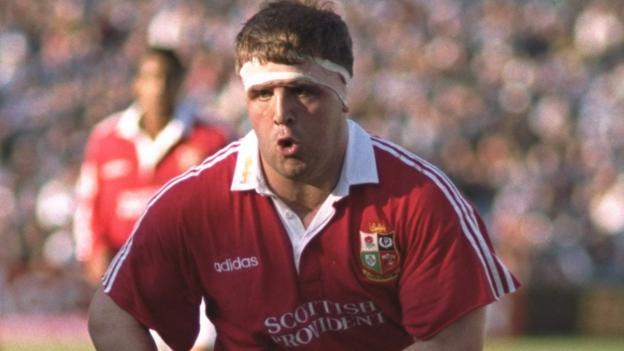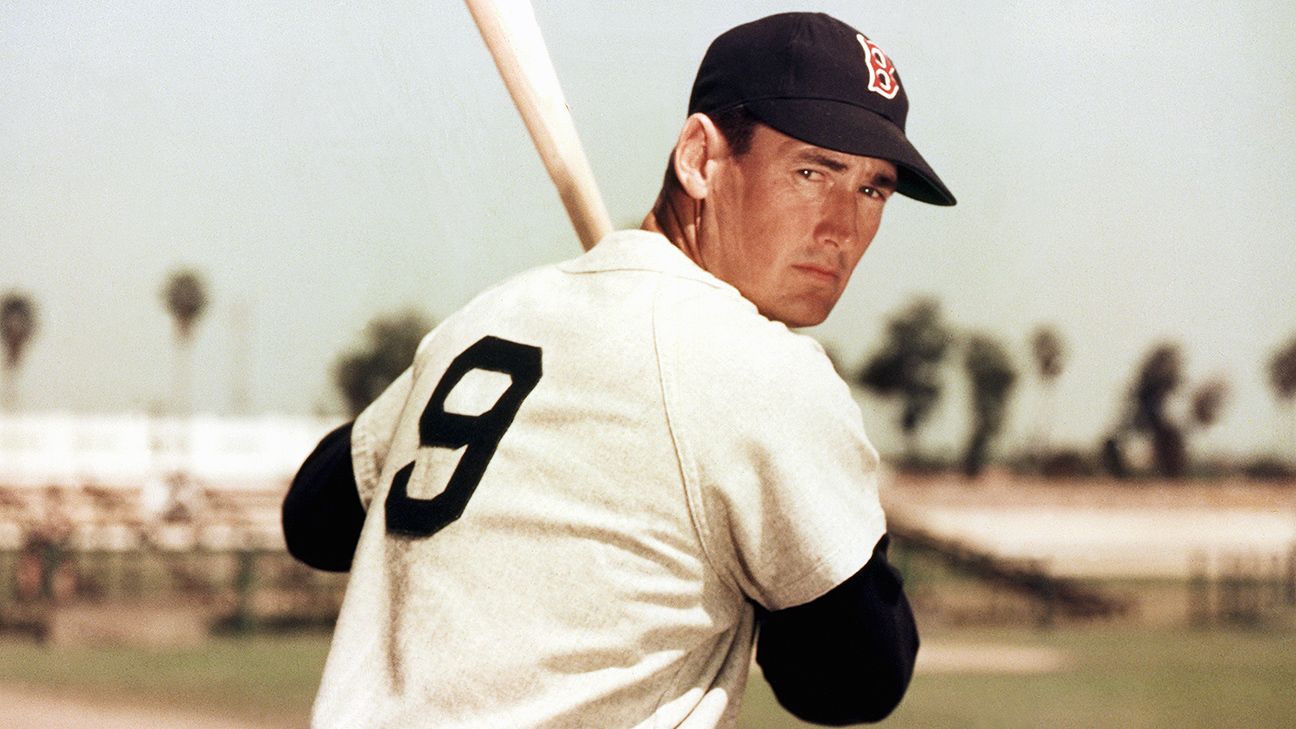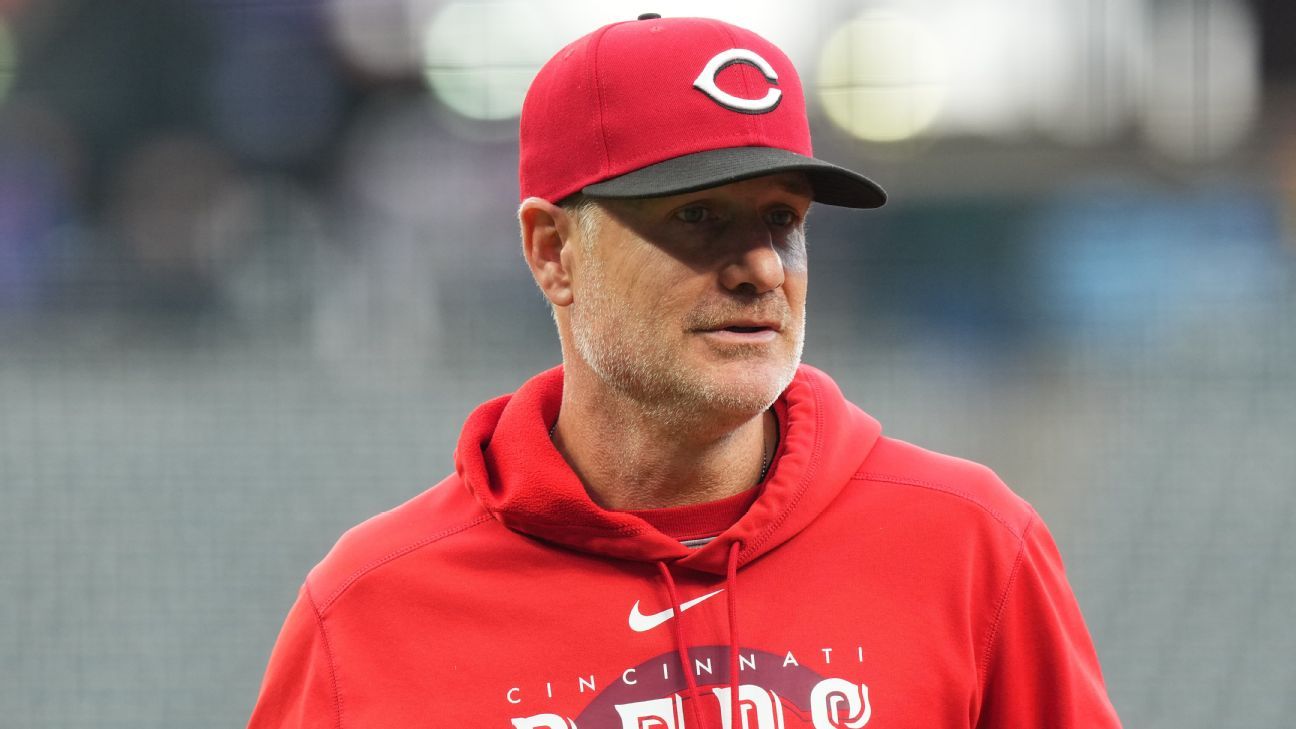
The British and Irish Lions squad that beat South Africa in 1997 was full of giants.
The towering physical presence of Martin Johnson and Lawrence Dallaglio, the dominant personalities of Scott Gibbs and Keith Wood. And a diminutive, quiet, loose-head prop called Tom Smith.
Tom was an unsung hero. He shunned the limelight. But he started every Test on that tour, and every Test on the Lions tour four years later in Australia. He was a key part of the great Scotland team that won the final Five Nations Championship in 1999.
I covered a lot of Scotland games that year, but I never met Tom. Press officers knew not to ask him; in the well-worn phrase, he did his talking on the pitch. But now I'm sitting opposite him, across the kitchen table of his house in France, doing the interview no-one ever wants to do.
Because Tom has stage four cancer.
It's in his colon, and it's spread to his brain and liver. He's having painful, intrusive treatment with the aim of extending his time with his family for as long as possible.
Tom is 48 and has three children - aged 18, 17 and nine. As autumn began this year, he and his family were on a canoe trip on the Dordogne river, seemingly without a care in the world.
But Tom was trying to ignore pains in his abdomen which wouldn't go away. He lost weight, couldn't sleep because of the discomfort, and started passing blood. Deep down, he knew it was bad.
Finally his wife Zoe dragged him to A&E at Bordeaux hospital, and the Smith family's life turned upside down.
"I played rugby for 15 years professionally," Tom says. "Aches and pains are part of the deal as you get older. I think I wrote it off until it got to the point that I needed to do something.
"I try to get on with things and that's probably my downfall."
Even though he now regrets that pragmatism - "I was an idiot to ignore the symptoms", he tells me on the phone later - that uncomplaining nature was typical of him as a player. It helped him cope with epilepsy during his playing career, and it's something he will need a lot of in the weeks ahead.
He has already had two gruelling sessions of chemotherapy, and a course of radiotherapy, with more to come. The prognosis is not good. The tumour in his colon has meant his diet is severely restricted; he lost 10 kilos in 10 days. And alcohol is banned.
Tom recalls an early Scotland tour, when coach Jim Telfer had imposed a no-booze rule. His room-mate Doddie Weir had other ideas, and Tom was inducted into 'whisky club'. He felt well and truly welcomed to the team.
Doddie has motor neurone disease, and along with many in the rugby community, Tom has been closely involved with fundraising to support motor neurone research, as well as the Weir family. He even played in a benefit game before the Ireland v England match during this year's Six Nations in Dublin.
Just a few short months ago, the future seemed clear; his elder children, Angus and Amelie, planning for university, his younger son Teddy looking forward to secondary school in a couple of years. He and wife Zoe bought their dream house in France, which they are hoping to do up and run as a business. But the speed of Tom's illness has been frightening.
Now he's hoping some of the generosity of spirit which imbues the sport he loves will be sent his way.
"Life has changed very quickly," he says. "I want to do the right thing for my family; this all leaves you a bit exposed. I'm lucky enough to have a good group of friends and a strong community helping and supporting."
A fundraising dinner is planned in London, in March 2020, to which his team-mates from the 1997 Lions and 1999 Scotland squad have committed their time. Tom doesn't know whether he will make it himself.
In addition, a fundraising page has been set up, with charities focusing on bowel cancer, and supporting families in financial hardship as the result of cancer, set to benefit. But it's clear that asking for help runs completely against the grain for this humble and low-key man.
I suggest to him this interview will unleash an outpouring of love from across the rugby world, including in Northampton, where he played for eight successful years and was awarded a testimonial game before which both teams ran out wearing number one shirts in front of a packed Franklin's Gardens.
He squirms slightly when I suggest he is among the legends of the game, and ask him what he would say to the fans who supported him during his playing career.
"Just... thank you," he says. "I've always had a good relationship with the fans. This is such an accessible sport, and it feels nice to have people pulling in my direction. Whatever you want to do - send a prayer, some positive vibes - it's all appreciated."
Back on that Lions tour of 1997, Tom - all 5ft 10in and 16st of him - put his body on the line against a South Africa front row which featured the giant prop Os du Randt - 6ft 3in and weighing 21st. To all watching, he appeared nerveless and indomitable, but he admits the fear of failure drove him in his playing career. So what is his greatest fear now?
"The uncertainty is something which provokes fear," he says. "I'd like to bring as much certainty as I can to the future of my family. That will help me.
"It's quite daunting because some of the treatment is very unpleasant. But I've faced some tough opponents, and the least you can do is fight. So let's fight."















 Phone: (800) 737. 6040
Phone: (800) 737. 6040 Fax: (800) 825 5558
Fax: (800) 825 5558 Website:
Website:  Email:
Email: 






